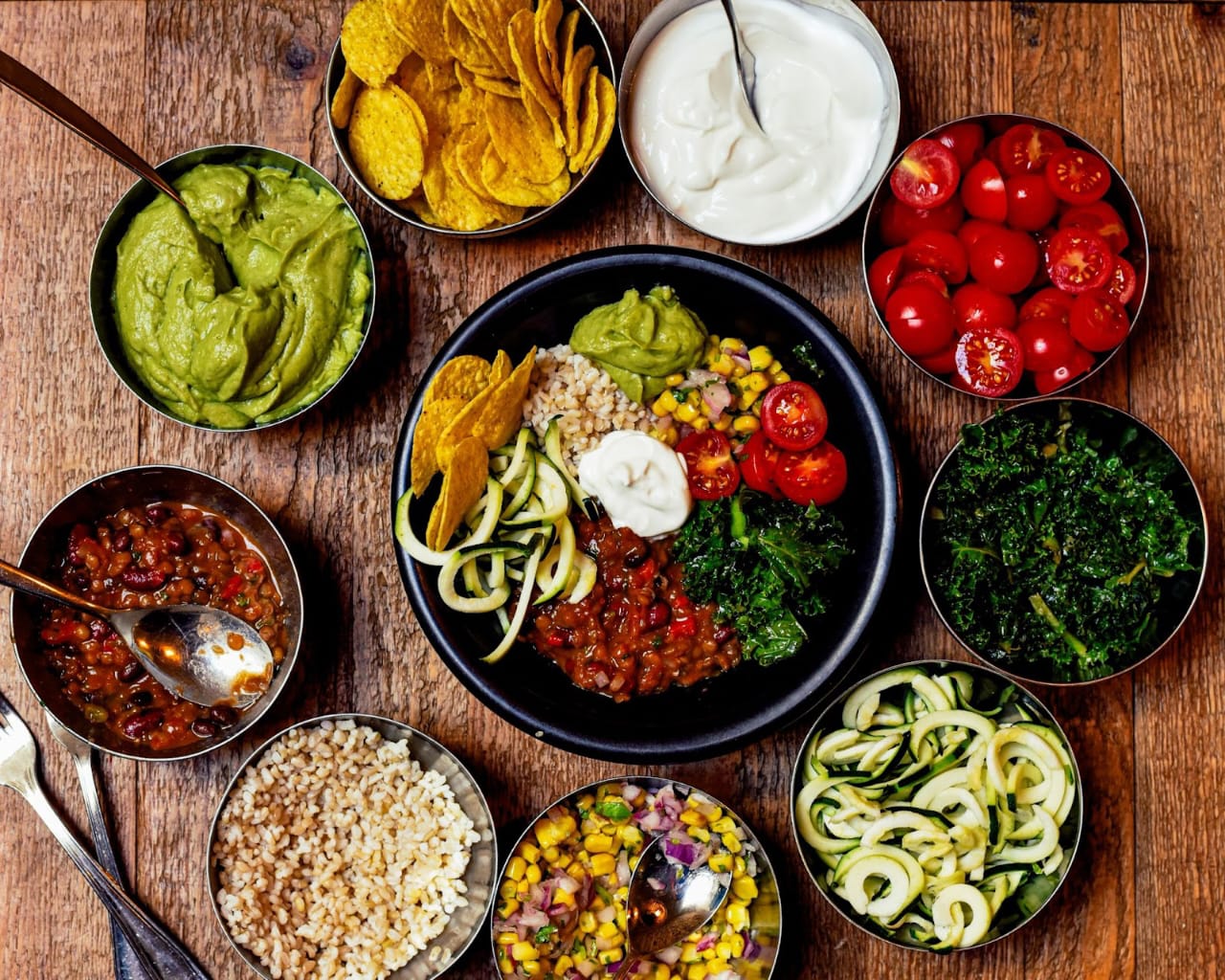

Zuha Salman
12th June 2024 · 5 min read


In recent times, the world has witnessed a significant shift towards more sustainable and environmentally friendly lifestyles. This shift is not limited to the way we commute or recycle; it extends to our diets as well. Plant-based protein has emerged as a game-changer. Not only is it a fantastic source of essential nutrients, but it also promotes environmental sustainability. In this comprehensive guide, we'll delve into the world of plant-based protein, exploring its benefits, sources, and how to incorporate it into your diet for a healthier, happier you.

Protein is the building block of life, and its significance in maintaining our overall health cannot be overstated. It plays a fundamental role in repairing and growing tissues, supporting the immune system, and maintaining muscle mass. Proteins are composed of amino acids, some of which are classified as essential because the body cannot produce them on its own. We need to obtain these essential amino acids through our diet, making protein-rich foods a crucial part of our daily meals.
Plant-based proteins have been hailed as nutritional powerhouses for several compelling reasons:
1. Health Benefits:
-Heart Health: Plant-based proteins are naturally low in saturated fats, making them heart-healthy choices.
-Weight Management: They are often lower in calories and can help with weight control.
-Digestive Health: Rich in fiber, plant-based proteins support a healthy digestive system.
-Reduced Disease Risk: Studies show that plant-based diets can lower the risk of chronic diseases like diabetes and certain cancers.
2. Environmental Benefits:
Reduced Carbon Footprint: Producing plant-based protein requires fewer resources and emits fewer greenhouse gases compared to animal-based protein.
Water Conservation: It takes significantly less water to cultivate plant-based protein sources, helping to conserve this precious resource.
Preservation of Biodiversity: Plant-based agriculture often involves less habitat destruction and helps protect our planet's biodiversity.
Ethical Considerations: Plant-based proteins are cruelty-free and align with ethical concerns about animal welfare.
1. Legumes: Beans, lentils, and chickpeas are versatile and protein-packed staples in plant-based diets. They can be used in various dishes, from soups to salads, stews, and even plant-based burger patties.

2. Nuts and Seeds: Almonds, peanuts, chia seeds, and hemp seeds are not only great sources of protein but also provide essential healthy fats. They make satisfying snacks or can be incorporated into smoothies and oatmeal.

3. Tofu: This soy-based product is an excellent meat substitute and can be used in stir-fries, sandwiches, and more.

4. Whole Grains: Quinoa, farro, and bulgur are grains with a high protein content. They serve as great alternatives to rice and pasta and can be used as a base for salads and grain bowls. Oats can also be incorporated as a classic breakfast item or added to smoothies. Barley works great in soups and stews and can also be made into barley-based breakfast.

5. Vegetables: Broccoli, peas, and brussels sprouts are some of the protein-rich vegetables to include in your meals. Spinach, kale, and collard greens may not be protein powerhouses, but they contribute to your daily protein intake and are rich in various other essential nutrients.

Incorporating Plant-Based Protein into Your Diet
Transitioning to a plant-based protein diet is easier than you might think:
1. Start Slow: Begin by swapping out one or two meat-based meals a week with plant-based alternatives. Gradually increase as you become more comfortable. This allows your taste buds and digestive system to adjust.
2. Experiment with New Recipes: Explore the world of plant-based cuisine by trying out new recipes and cooking methods. Try recipes that highlight plant-based proteins, such as tofu stir-fries, chickpea curries, or black bean burgers. You'll be amazed at the culinary delights you discover.
3. Balance Your Nutrients: Ensure you're getting a variety of protein sources, along with other essential nutrients like vitamins, minerals, and healthy fats.
4. Stay Informed: Read up on plant-based nutrition to understand your dietary needs and make informed choices. When opting for plant-based meat alternatives, read labels to understand the ingredients and nutritional content.
Plant-based protein is a fantastic way to improve your health and contribute to a more sustainable future. Whether you're a committed vegan or just looking to incorporate more plant-based options into your diet, the benefits are undeniable. With the wide array of sources available and a few simple adjustments to your eating habits, you can enjoy the benefits of plant-based proteins while contributing to a more sustainable future for our planet and better health for yourself. So why wait? Start your plant-based protein journey today.
Zuha Salman is a recent graduate from Nixor College whose love for reading has been a lifelong affair. While pursuing her education, she discovered a passion for writing. As a young aspiring writer, she channels her enthusiasm for literature into creating engaging and thought-provoking content. With a passion for storytelling and a curious mind, she looks forward to sharing her literary explorations and creative endeavours with readers like you.
Here are a few more recommendations we think you'll like!







Your all-in-one platform for MDCAT and other medical entry tests preparation. With over 130,000 questions and detailed explanations, we're here to help you ace your exams and achieve your dreams.
